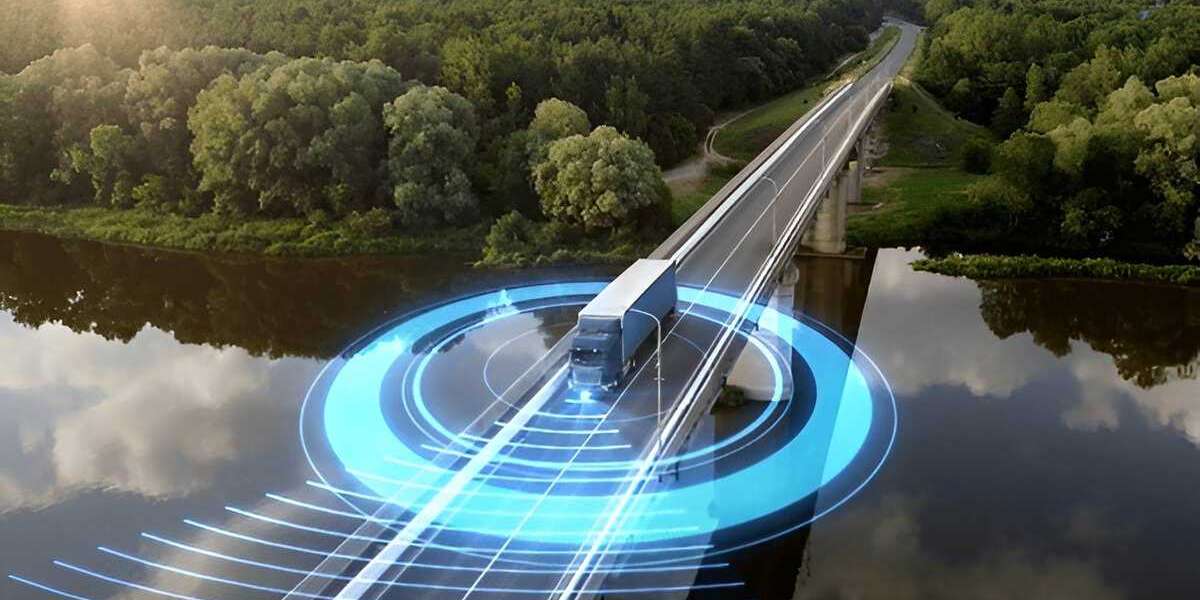Imagine waking up in a city where traffic flows seamlessly, air pollution is minimal, and energy is utilized efficiently. A city where technology enhances daily life, ensuring sustainability and convenience. As urban populations grow and climate change intensifies, the need for smarter, more resilient cities has never been greater. Artificial Intelligence (AI) is leading this transformation, optimizing resource usage, improving energy efficiency, and minimizing environmental impact—paving the way for a sustainable future.
The Role of AI in Sustainable Smart Cities
AI is revolutionizing urban development by enabling real-time, data-driven decision-making. From traffic management to waste disposal, AI empowers cities to function more intelligently, efficiently, and sustainably.
1. Smart Traffic and Transportation Management
Traffic congestion wastes time, fuels pollution, and frustrates commuters. AI-powered traffic systems analyze real-time data from sensors, cameras, and GPS devices to optimize traffic flow, reduce bottlenecks, and minimize emissions. AI also plays a key role in managing autonomous vehicles and enhancing public transportation, making eco-friendly commuting more accessible.
2. Energy Optimization and Renewable Integration
Energy consumption in cities is on the rise, but AI is making it smarter. AI-driven smart grids balance electricity supply and demand by integrating renewable sources like solar and wind energy. AI can predict energy consumption patterns, automate energy distribution, and reduce dependence on fossil fuels, ultimately lowering carbon emissions and costs for residents and municipalities.
3. AI-Driven Waste Management
Traditional waste collection methods are inefficient and environmentally costly. AI-powered smart bins equipped with sensors notify collection teams when they need to be emptied, reducing unnecessary trips and emissions. AI also helps optimize collection routes and improve recycling rates, leading to cleaner, more sustainable cities.
4. Air Quality Monitoring and Climate Adaptation
Air pollution is a growing concern for urban residents. AI-driven monitoring systems track pollution levels in real time, enabling authorities to implement targeted measures such as traffic restrictions or green zones. AI also forecasts extreme weather conditions, allowing cities to prepare for floods, heatwaves, and storms in advance.
5. Smart Water Management
With water scarcity becoming a critical issue, AI is helping cities manage water resources more effectively. AI-driven systems detect leaks, optimize irrigation, and predict water demand to ensure sustainable distribution. These technologies prevent wastage, improve water efficiency, and help cities adapt to climate-related water challenges.
6. AI for Smart Infrastructure Maintenance
Aging infrastructure is a major challenge in many urban areas. AI-powered predictive maintenance detects early signs of wear and tear in roads, bridges, and buildings, allowing authorities to carry out repairs before problems escalate. This improves safety, prolongs infrastructure lifespan, and saves resources.
7. AI-Enhanced Public Safety and Security
AI is transforming urban security with real-time monitoring and data-driven insights. AI-driven surveillance systems use facial recognition, behavior analysis, and pattern detection to prevent crime and enhance public safety. AI-powered emergency response systems analyze data from multiple sources to improve crisis management and resource allocation.
8. Smart Urban Planning with AI
AI assists city planners in designing sustainable, efficient urban spaces. By analyzing traffic patterns, population growth, and resource distribution, AI enables planners to create layouts that maximize efficiency while minimizing environmental impact. AI-driven simulations also allow city officials to test different scenarios before implementing large-scale changes.
Real-World Examples of AI-Powered Smart Cities
Cities around the world are leveraging AI to become more sustainable and efficient:
Singapore: AI-driven traffic management reduces congestion and enhances public transport efficiency.
Amsterdam: Smart energy grids optimize renewable energy consumption, lowering emissions.
Barcelona: AI-powered waste management improves recycling rates and reduces landfill waste.
Los Angeles: AI-driven air quality monitoring informs policies to reduce pollution and protect public health.
Dubai: AI-enhanced smart surveillance improves security and optimizes infrastructure maintenance.
Why AI is Essential for the Future of Smart Cities
Integrating AI into urban development is no longer optional—it’s imperative. Cities that harness AI technology gain:
Lower carbon footprints through optimized transportation and energy systems.
Healthier environments with real-time monitoring of air and water quality.
More efficient resource management that cuts waste and operational costs.
Improved climate resilience through AI-powered predictive analytics.
Enhanced public safety with AI-driven surveillance and emergency response.
The Future of AI in Smart Cities
AI is not just improving cities—it is shaping the future of urban life. As advancements in machine learning and big data continue, AI will drive more intelligent urban planning, increase sustainability, and improve the quality of life for millions. The question is not whether AI will transform cities but how soon cities will fully embrace AI-driven innovation.
Want to explore how AI can revolutionize your city? Symufolk’s AI solutions can help urban centers transition into a smarter, more sustainable future. Contact us today.








